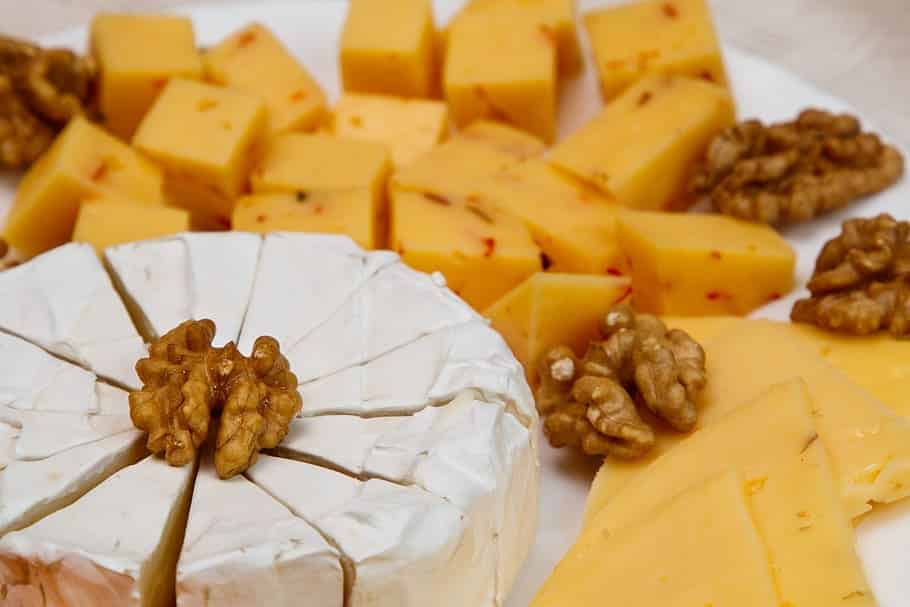Calcium’s discovery dates back to ancient civilisations, with its use in building materials and medicines by the Egyptians and Greeks. However, its essential role in the human body wasn’t fully recognised until the 19th century.
Firstly, calcium provides structure to the bones, which is particularly significant during the early years when achieving peak bone mass is crucial to prevent later-life bone loss in post-menopausal women and the elderly. Vital for the formation and maintenance of robust bones and teeth, it’s important that the body can retrieve stores of it from the bones at a moment’s notice; think of the bones as your body’s calcium warehouse!
It also supplies electrolyte balance to muscles and blood, as well as activating certain enzymes, aiding blood clotting, helping hormonal messaging and supporting basic cellular function.
It’s also great at prevention: some studies suggest that calcium may help reduce the risk of colon cancer – the third most common cancer in Cyprus, and a disease that affects 14 per cent of the males on the island. Calcium supplements have also shown promise in reducing the risk of preeclampsia in pregnant women. And, in terms of weight control, some studies have indicated a potential relationship between high calcium intake and lower body weight.
That’s not to say we should all rush out and scoff oodles of calcium tablets ahead of bikini season! Just like other minerals and vitamins, there’s a clear recommended daily amount. While this varies by age and gender, typically, adult males and females need 1,000mg per day, a number that increases to 1,200mg for older individuals and during pregnancy or breastfeeding.
As always, this is something that needs to be very clearly checked with your doctor; it’s worth noting that some studies have actually linked calcium supplements to a higher risk of heart disease and cardiovascular events, particularly when taken in high doses.
If, on the other hand, you’re looking to get your calcium naturally, then you’ll no doubt turn to the obvious dairy products. But if you’re not a fan of cheese (or are lactose intolerant) you’ll find calcium in abundance in leafy greens, tofu, and certain fatty fish, as well as in a number of fortified foods like cereals and orange juice.
Finally, it’s always wise to consider potential interactions, because calcium in any form can affect the absorption of some medications.







Click here to change your cookie preferences